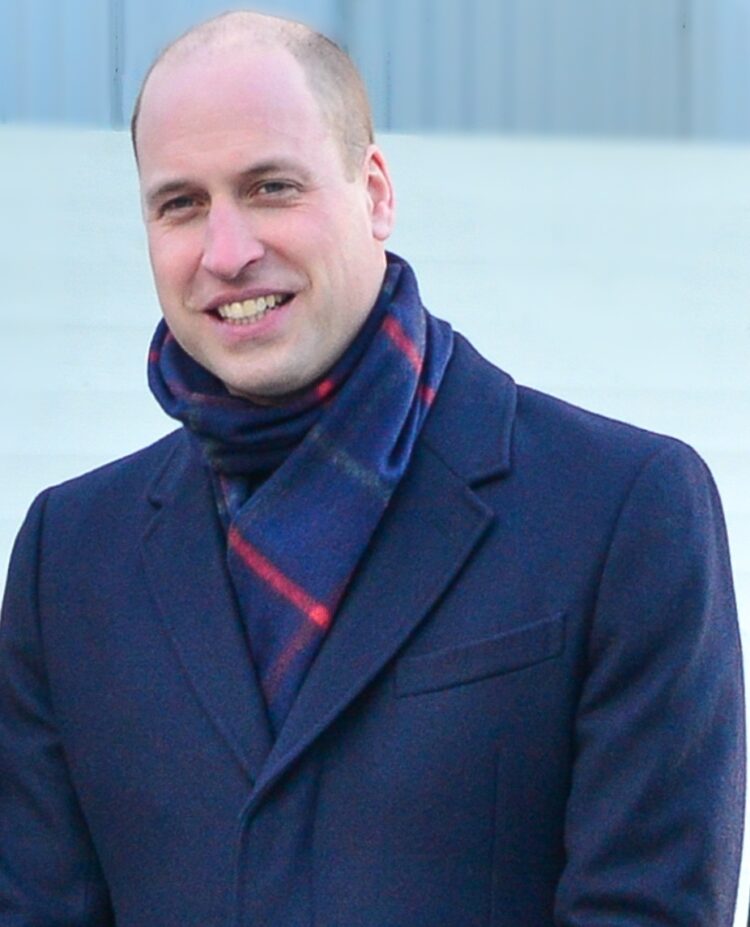By Sheila Mckenzie
Prince William condemned the findings of an independent investigation that found then-BBC journalist Martin Bashir “deceived and induced” to secure an interview with their mum, the late Princess Diana.
“It is my view that the deceitful way the interview was obtained substantially influenced what my mother said. The interview was a major contribution to making my parents’ relationship worse and has since hurt countless others,” William, the oldest of Prince Charles and Princess Diana’s two sons, said in a statement. “It brings indescribable sadness to know that the BBC’s failures contributed significantly to her fear, paranoia and isolation that I remember from those final years with her.”
“But what saddens me most, is that if the BBC had properly investigated the complaints and concerns first raised in 1995, my mother would have known that she had been deceived,” he said. “She was failed not just by a rogue reporter, but by leaders at the BBC who looked the other way rather than asking the tough questions”
The BBC traditionally upholds standards of integrity, but this was a notable dip in standards, concerning fundamental ethical principles of journalism. Sensation atop pecuniary benefits is often a motivation for underhandedness at that level.
Over 23 million people watched the Panorama interview that Bashir did with Diana, who would die just two years later, in August 1997, after a car crash in the Pont D’Alma Bridge in Paris.
Diana’s comments about her marriage to Prince Charles and his alleged affair with his now wife, Camilla, the Duchess of Cornwall, sent shock waves throughout the world — and the royal family.
When Bashir asked Diana if she thought Camilla was “a factor” in the breakdown of her marriage to Charles, Diana famously replied, “Well, there were three of us in the marriage, so it was a bit crowded.”
Prince Harry, now a resident of California with his wife Meghan, the Duchess of Sussex, and their son, also issued a statement in response to the report. He seized the opportunity to take a swipe at the press, criticising the collective media for unethical practices and exploitation.
“Our mother was an incredible woman who dedicated her life to service. She was resilient, brave, and unquestionably honest,” he said. “The ripple effect of a culture of exploitation and unethical practices ultimately took her life.”
“To those who have taken some form of accountability, thank you for owning it. That is the first step towards justice and truth. Yet what deeply concerns me is that practices like these—and even worse—are still widespread today,” Harry said. “Then and now, it’s bigger than one outlet, one network, or one publication.”
“Our mother lost her life because of this, and nothing has changed,” he said. “By protecting her legacy, we protect everyone, and uphold the dignity with which she lived her life. Let’s remember who she was and what she stood for.”
Bashir has apologised for his fraudulent tactics, but attempted to redeem himself by baselessly stating that the fake bank statements did not influence Princess Diana’s decision to participate in the interview. It was a weak attempt to salvage a badly damaged image brought about by his own dubious tendencies.
BBC bosses who turned the other should be ashamed of themselves for not doing the right thing.
Any women among them would have been other the claws of the male dominating bosses, since a patriarchal system often lies at the apex of most powerful organisations. More women should be placed at the helm of leading decision making to produce a more reliable system of codes and conducts in many organisations, especially in the media.

